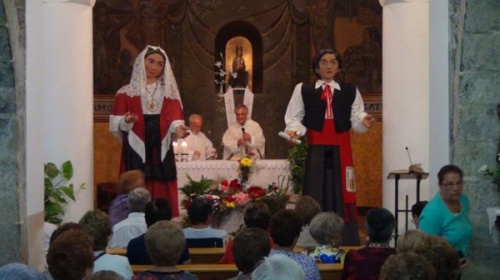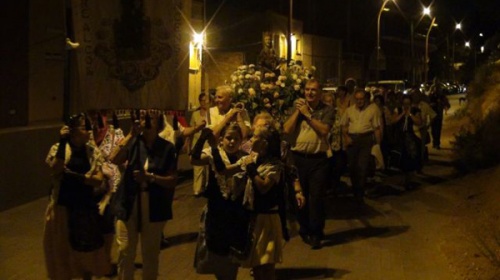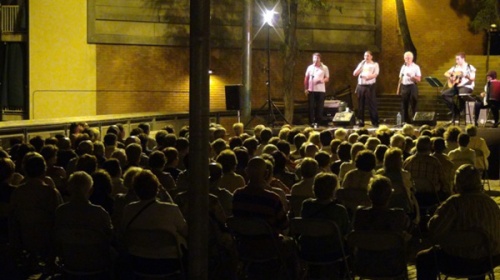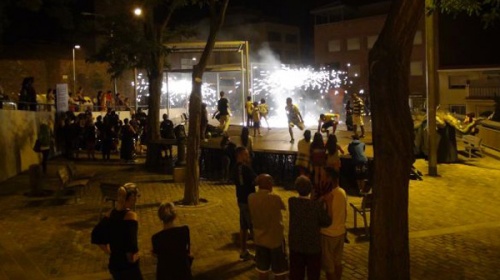Festa major del Coll
Activity dates
Dates de celebració
Second fortnight in September, in the Gràcia district's El Coll neighbourhood
Dates: First half of june.
Description
The El Coll neighbourhood is spread over a hill of the same name, which comes from an eleventh-century Romanesque church devoted to the Mare de Déu del Coll.This used to be a hunting area for feudal lords and, later, a hiding place for bandits. It was not a well-populated area until the second half of the 20th century but the fever of urban development that characterised the 1960s finally conquered this difficult terrain.
The Coll organizes a festival of more than fifteen days, celebrated the first half of June. The festival also offers a very full programme of activities including sports tournaments, communal meals, festival dances and children's activities.
Reason
The Mare de Déu del Coll is the patron saint of the Romanesque hermitage which, today, is the neighbourhood parish church. The hermitage gave the hill it stands on, and later, the new neighbourhood built round it, their name.
Origins
The neighbourhood's festa major is very closely linked to the old hermitage, which is also known as the Font-rúbia. It dates from the 11th century and for many years it was a mountain sanctuary at the point where the roads between the towns of Gràcia and Horta crossed. During the 18th and 19th centuries it went into decline, although it became popular to hold aplecs and fontades, religious gatherings and fountain picnics, in the area round it. So it is highly probable that the origins of today's festa major can be found in the annual pilgrimage in honour of the patron saint.
Until 2014, the festivities were celebrated around September 13, the day of the feast of the Virgin, and that day a floral offering was presented in the old hermitage, now converted into a parish in the neighborhood.







